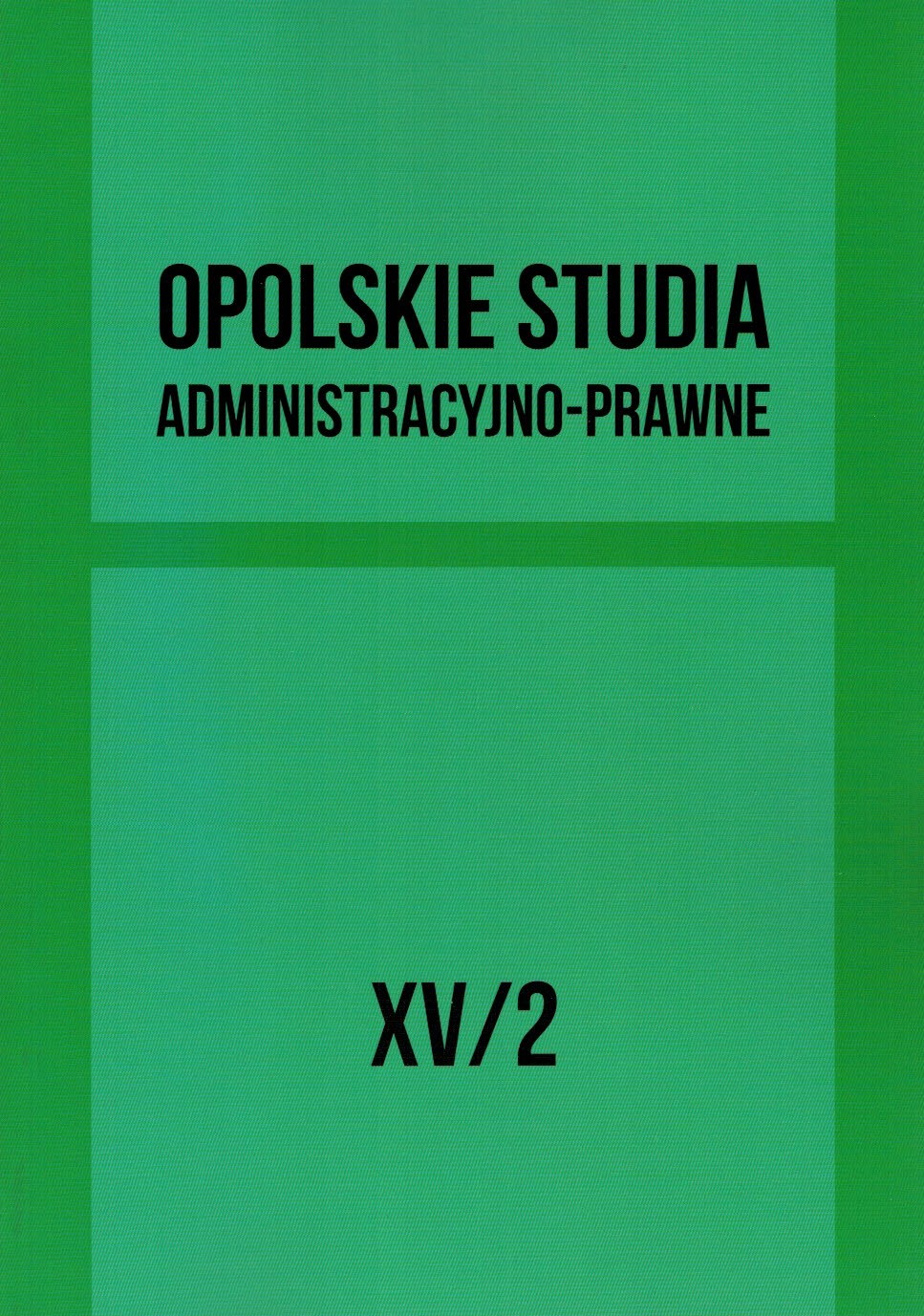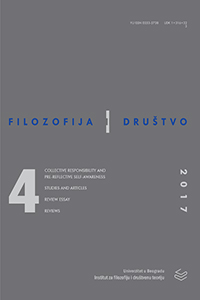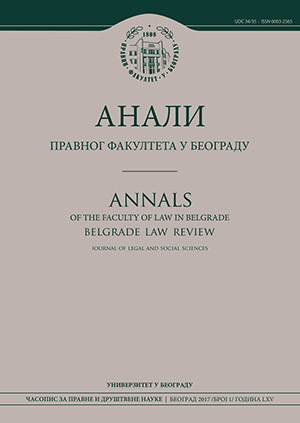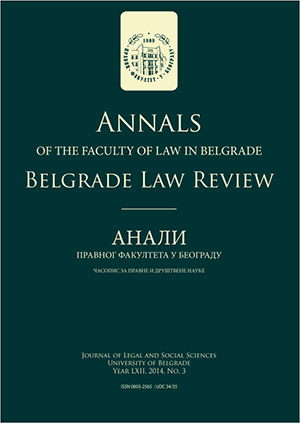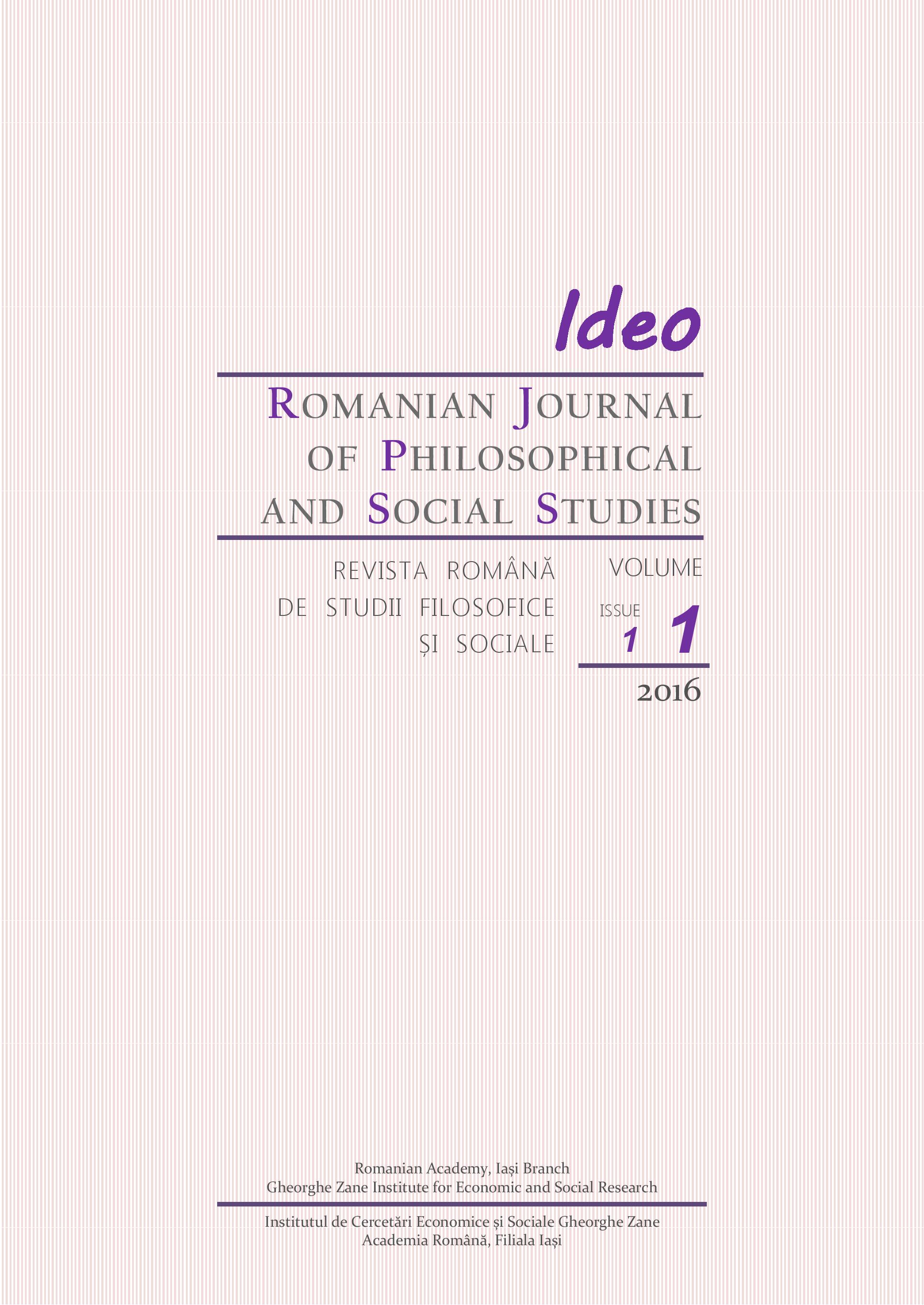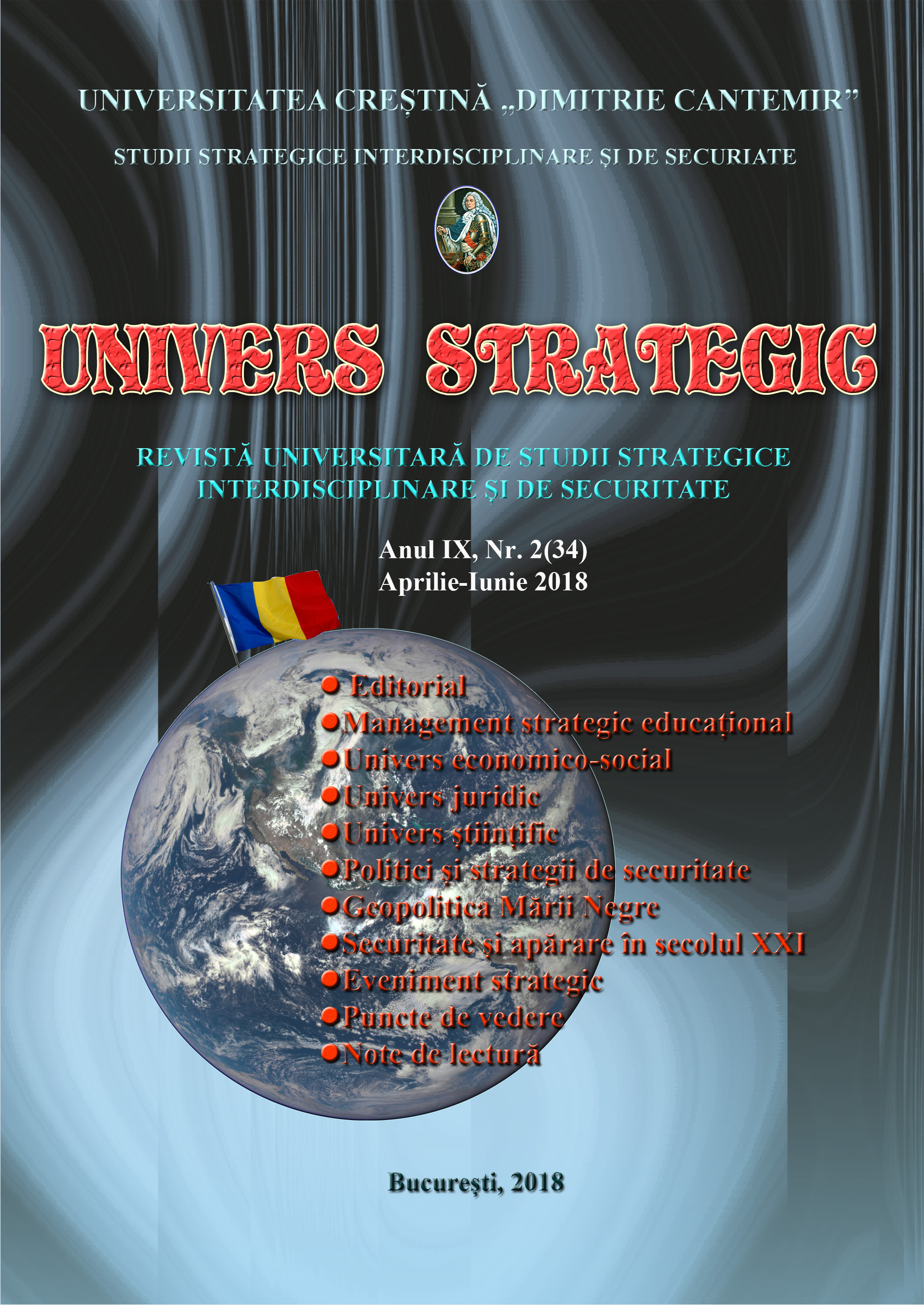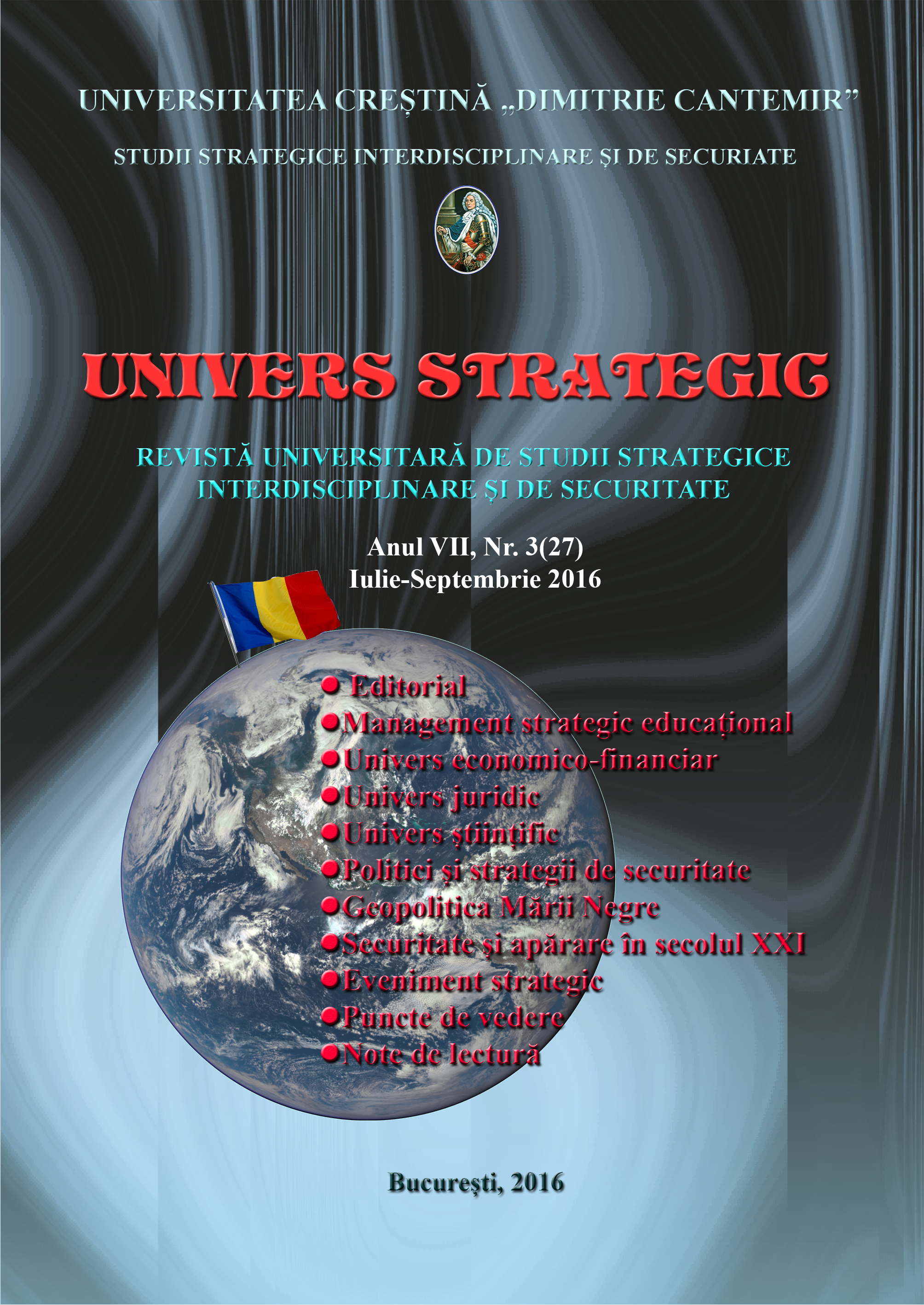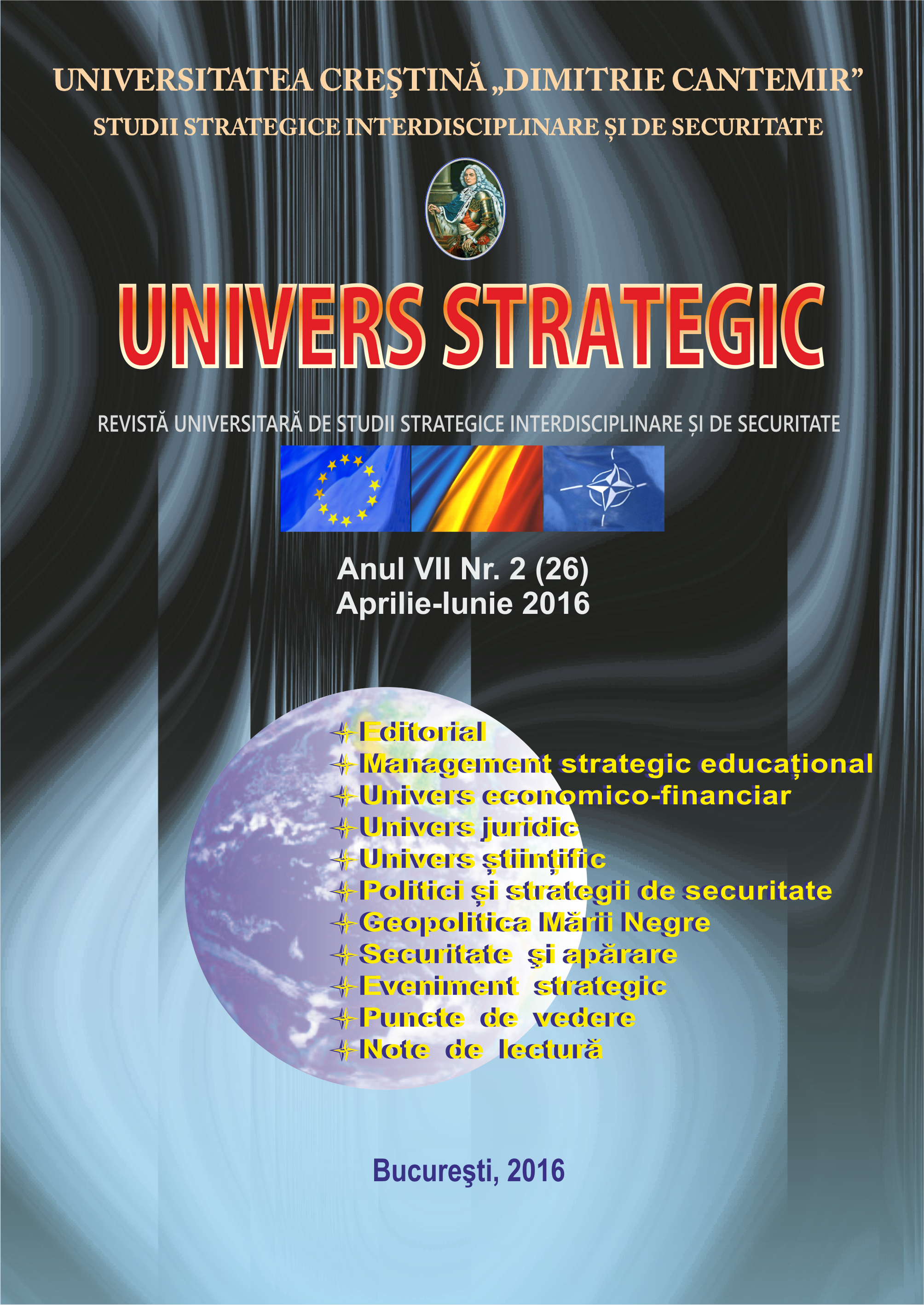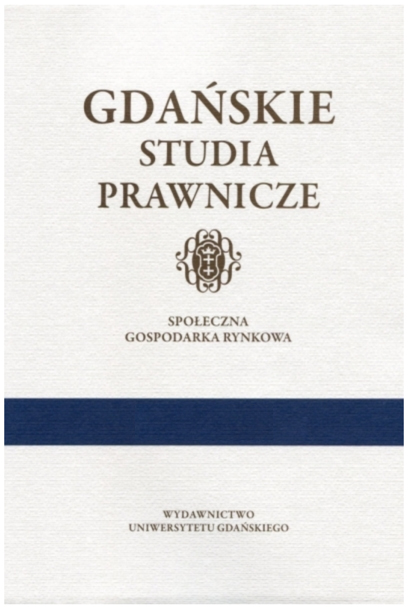
Sprawiedliwość w nauczaniu Jana Pawła II
Justice is a fundamental principle of human coexistence and represents a significant moral, ethical and legal value. The concept of justice elicited the interest of not only philosophers but also representatives of various fields of science. The essence of justice is also present in the social doctrine of the Church, which uses the philosophical, theological and social wealth of our times and the past. The article is devoted to the concept of justice in the context of the teaching of John Paul II. The Pope in his preaching pointed to the deep meaning of the concept of justice and insisted that every man had his dignity and freedoms. John Paul II often acted as a defender of the rights of every man and noticed that justice alone is not enough. Therefore, the combined justice with mercy and strongly emphasized that mercy is a more profound source of justice. The Pope believed that mercy enabled us to practice justice and is a very important value in the life of the society. The thoughts on justice included in the teachings of John Paul II show great wisdom in personalistic approach to a man who lives in a specific community and in the specific period of time. The teaching of John Paul II reveals a deeper look into the very essence of justice, which over the centuries has been variously understood and interpreted differently. However, according to the Pope in interpersonal relations justice alone is not enough.
More...
